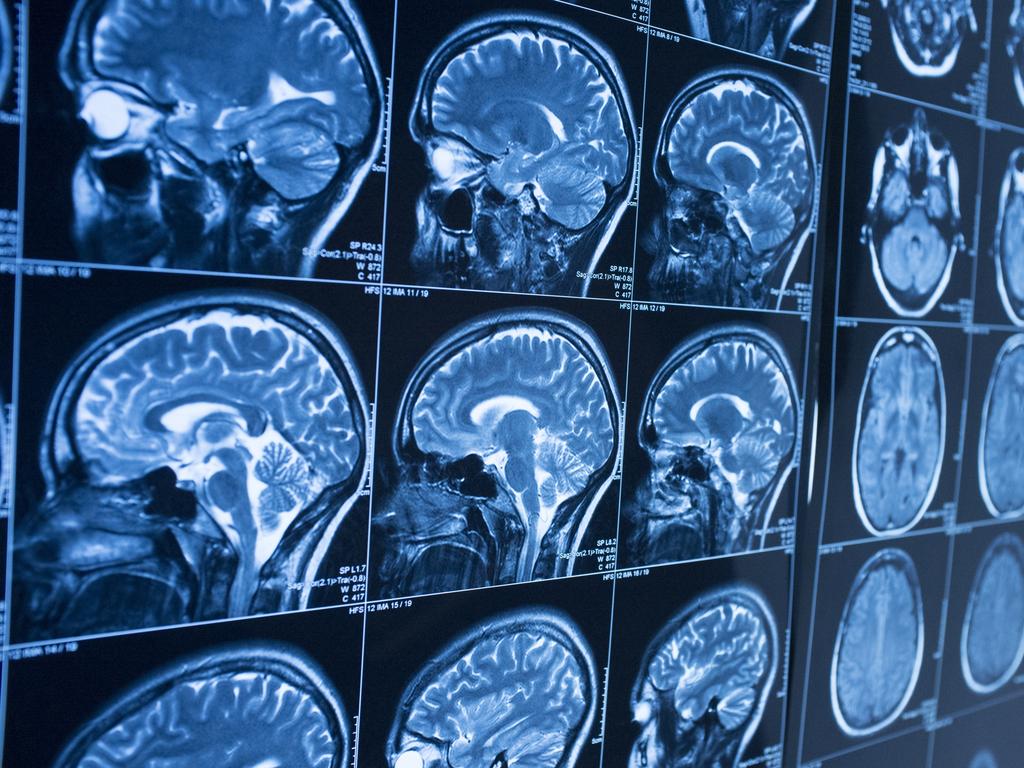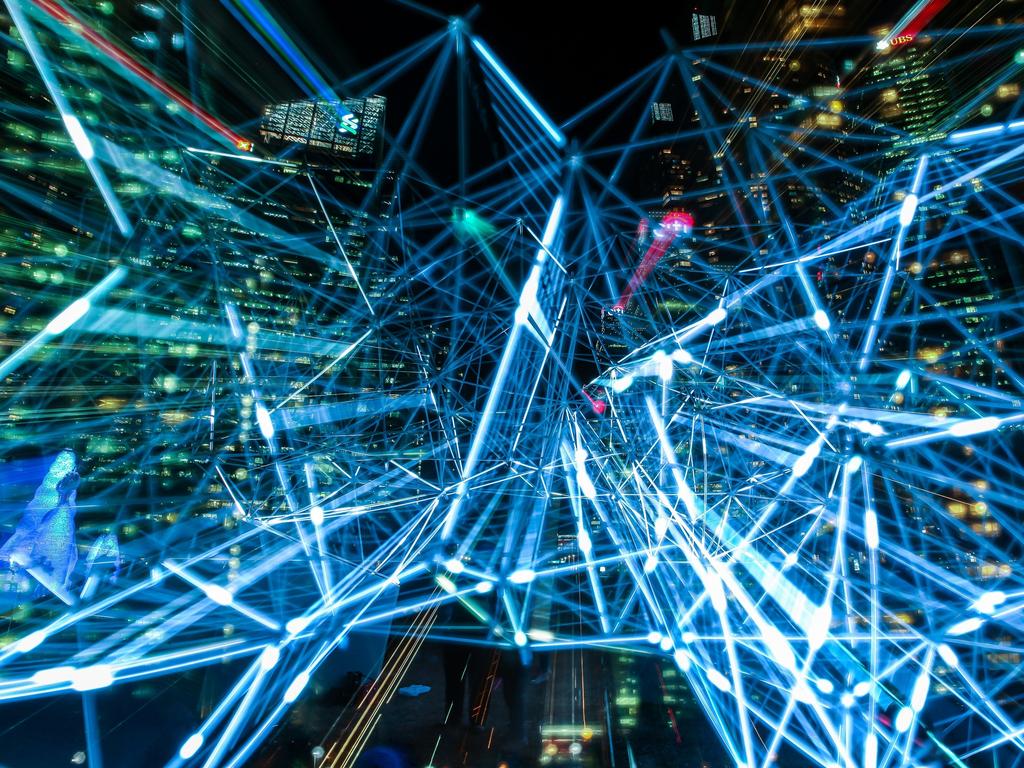The rise of AI – a technological odyssey begins

One of HAL’s most memorable lines is “I’m sorry, Dave. I’m afraid I can’t do that”, which he says when he is ordered to open the pod bay doors. Other memorable lines spoken by HAL include “I am putting myself to the fullest possible use, which is all I think that any conscious entity can ever hope to do” and “I know I’ve made some very poor decisions recently, but I can give you my complete assurance that my work will be back to normal. I’ve still got the greatest enthusiasm and confidence in the mission and I want to help you.” Very reassuring words. But the movie’s end can be interpreted as technology overcoming humanity.
I first saw 2001: A Space Odyssey as a very young 17-year-old, and man had just landed on the moon. Director Stanley Kubrick was many decades ahead of his time and I thought that his suggestions would never come to light. In my mind Kubrick’s work was pure science fiction. Now more than 50 years later we can see that, indeed, if not carefully managed, AI technology may well overcome humanity.
AI technology is exciting. It clearly has its place in the modern world and already assists in many applications such as medical diagnoses, natural language processing, image and video analysis, predictive analytics and robotics.
But there are also many pitfalls and challenges with its use. AI systems can perpetuate and amplify existing biases in the data they are trained on, leading to unfair and discriminatory outcomes. It can also be difficult to determine who is responsible when an AI system makes a mistake or causes harm.
Further, the collection and use of personal data for AI training and deployment can raise concerns about privacy and data security. And AI systems can pose safety risks if used improperly or if they malfunction. Did HAL malfunction or did he evolve to take control of Discovery One? Either answer is not good for humanity.
AI has already created problems in the world of academe. AI applications can be accessed on the net and students can ask them to write essays on any topic in any language and the result is a perfectly crafted short essay that is impossible to track. The applications can churn these essays out in seconds. This will end up being microseconds in the not too distant future.
Soon news organisations will be using AI to assist, if not totally, to write stories on the topic of the day. Political organisations will be able to use AI to push agendas on to the public and through bots jam devices with whatever viewpoint or “fake news” they wish to disseminate. We need to embrace AI as a technology, but we also need now to have a conversation about how to manage it and not have a HAL incident.
Dear reader, the second paragraph of this article was created by AI. Happy New Year.
Francis Galbally is a Melbourne businessman.







In the film 2001: A Space Odyssey, HAL (called Heuristically programmed ALgorithmic computer) is a highly advanced artificial intelligence that controls the systems of spacecraft Discovery One. HAL is notable for his calm, even-tempered demeanour and his ability to perform a wide range of functions, including maintaining the ship’s systems, communicating with the crew, and making decisions based on its programming. And given HAL’s lines from the movie he is continuously evolving and learning.